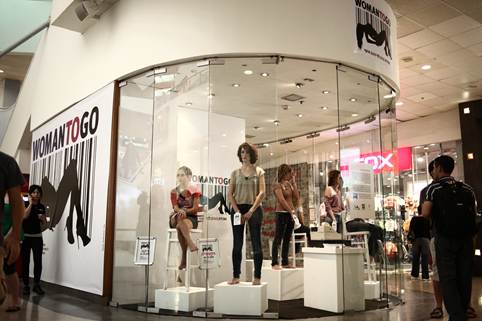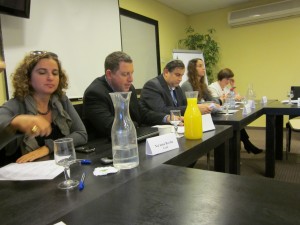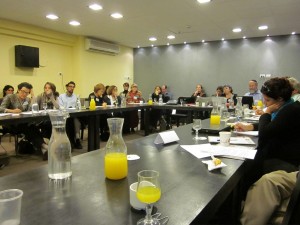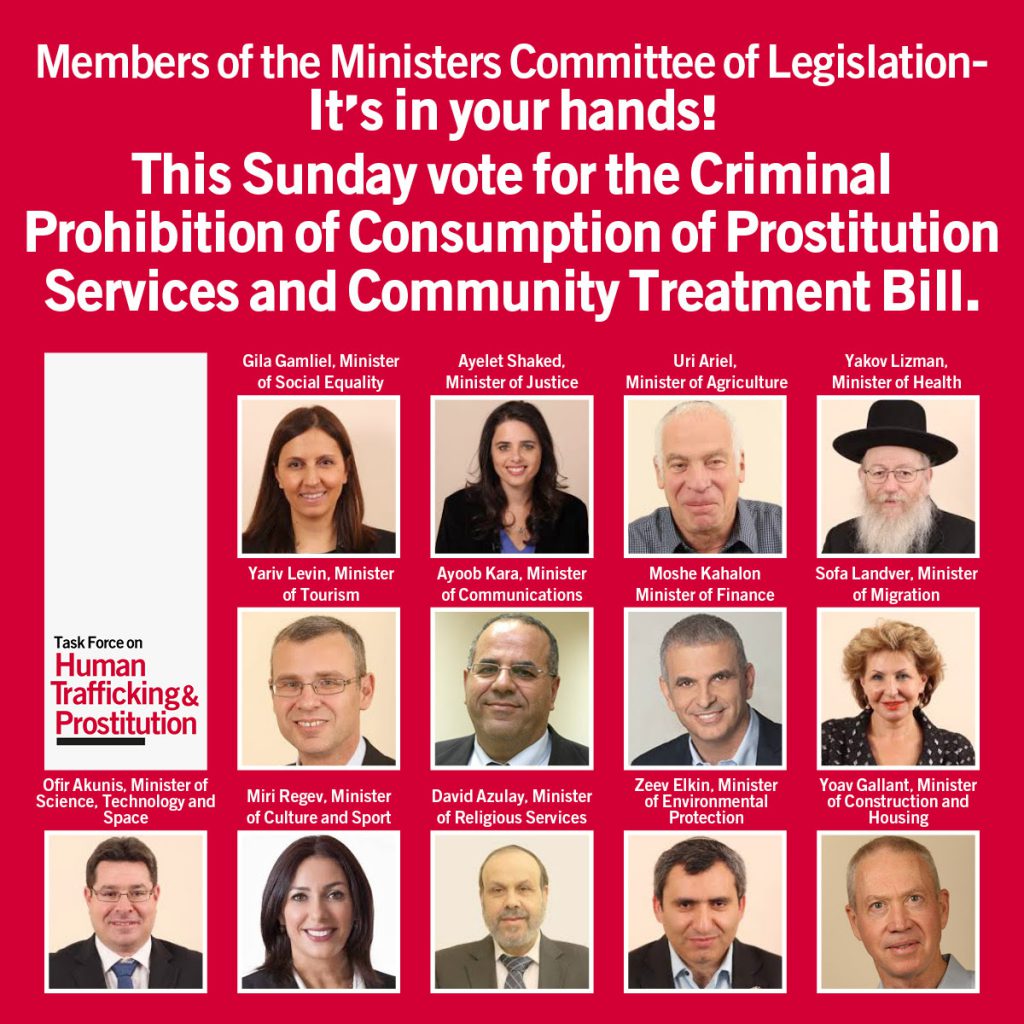November 29, 2015
Network smuggled Russian and Ukrainian women into Israel and ran brothels in luxury high-rises, investigators charge
The investigation, reported Sunday by Israel Radio, was conducted under the auspices of the Tel Aviv Police and resulted in the arrest of two men suspected of running the trafficking ring.
Additional arrests are expected, the Hebrew-language Walla news site reported.
The suspected ringleader of the group, identified as Leonid Streimer, is a 35-year-old resident of the Tel Aviv suburb of Bat Yam.
The investigation reportedly turned up a complex operation in which the network would locate young Russian and Ukrainian women, some of whom had worked as models, and convince them to come to Israel on tourist visas, promising they would find work amid the difficult economic situations in their home countries.
Once they got to Israel, the women were housed in luxury condominium towers and expensive hotels, where the ring allegedly operated brothels for businessmen and wealthy individuals.
The women would charge significant fees for their sexual services, of which the network operators would get a percentage. A police source told Walla that one woman told investigators she would earn $3,000 or more per week, most of which she would send to her family in Ukraine.
The investigation began following complaints by neighbors in the luxury buildings, who suspected that brothels were being operated near their homes.
In September 2014, police arrested two suspects for running a prostitution ring that consisted of Russian and Ukrainian women brought to Israel on medical tourism visas.
According to the Task Force on Human Trafficking, an alliance of Israeli NGOs, there are 15,000 women working in the sex trade in Israel.





 ances are you might have done a double-take as you passed by a certain shopping center storefront. Instead of using mannequins to sell clothing items, there were live models on display–perhaps a more natural way to show off the attire. But then, if you looked closer, the price tags weren’t clipped to their clothes: They were attached to the women’s wrists.
ances are you might have done a double-take as you passed by a certain shopping center storefront. Instead of using mannequins to sell clothing items, there were live models on display–perhaps a more natural way to show off the attire. But then, if you looked closer, the price tags weren’t clipped to their clothes: They were attached to the women’s wrists.






